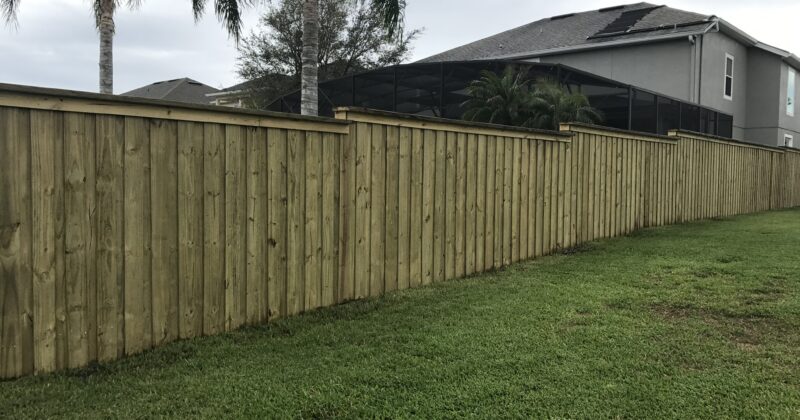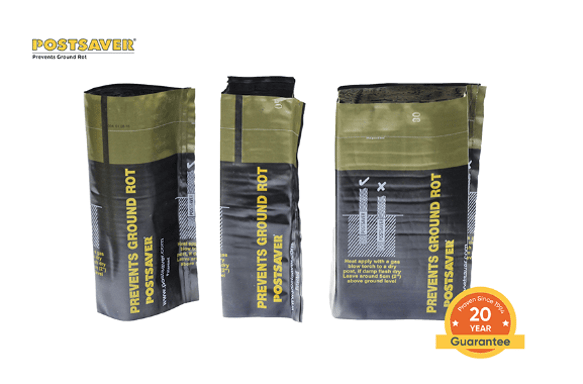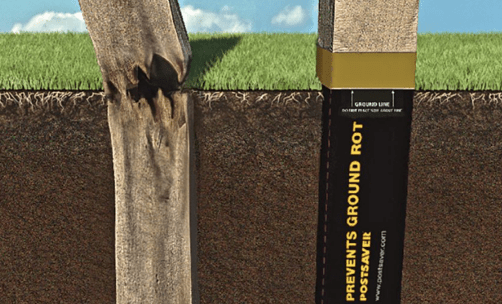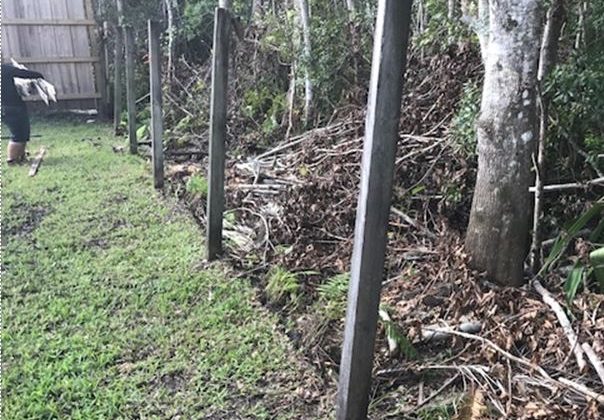Choosing a Contractor During the Pandemic
Since the beginning of 2020, the construction industry has felt a pinch from all areas. Lack of laborers, price increases, and supply line issues have continued into 2022, and the fencing industry is no stranger to these tribulations. Paramount Fencing has heard increasing concerns from Central Florida consumers in the past 16 months, so we set out with a question: With the global economy seemingly opening back up, why are contractors spiking prices?
First, the lack of trained laborers in the current market is definitely causing issues. As with any crisis, many handy “men in a truck” pop up. This is commonly seen around natural disasters, and we have seen an increase in handymen throughout the pandemic. A truly licensed handyman is not to blame, but the unlicensed and uninsured handymen flooding the market now are causing issues for many homeowners across the country. Many of these individuals will continue to charge market-rate pricing for subpar work. Individuals without a legal company also may not have access to higher-quality building materials, resulting in homeowners paying a large premium on Home Depot grade material. The lack of liability insurance that comes along with hiring an unlicensed handyman is also dangerous for the homeowner. Many times, these home improvement projects are completed without proper permits being pulled, resulting in headaches and legal issues for a homeowner in the long run.
Material shortages are also causing issues. According to Insider, 90% of contractors have cited having issues securing necessary building materials to complete their contracts during 2021. The slow has caused a massive backlog of projects for many contractors, putting them into a financial pinch, which then funnels down to the consumer. The spike in building material prices has forced contractors to raise their prices, which trickles down as well. Comparing lumber prices to the beginning of the pandemic, prices were up an average of 377% according to Yahoo Business during the peak of summer 2021. Pressure-treated lumber is currently the most difficult building material to secure, with prices lower than they were 6 months ago, but slowly creeping back up. Trends show the summer months to have the highest prices.
Currently, both The US and Canada are facing a shortage of truckers, with truck drivers actively protesting in Canada. Unfortunately, a large amount of pressure-treated lumber available in the American market is supplied by Canada. 83% of softwood is supplied by Canada, with a total of 25% of total lumber being supplied by our Northern neighbor. November of 2021 also saw the duty on Canadian lumber increase to 17.9%, twice what it once was.
All of these issues seem to be the cause for a perfect storm, a storm that is currently wreaking havoc on all homeowners. But how can a consumer protect themselves?
First, custom or stick-built contractors are unable to complete a fence the week after a contract is signed. Companies who have such a quick turnaround are cutting a corner somewhere, regardless of if it’s on the administrative or installation side. Understand, in the state of Florida, if a post goes in the ground a permit will need to be pulled. If a property has a pool, a permit must be pulled, and that fence must be installed to be pool code compliant. Permit turn-around time varies by municipality, but from the time of application to approval, the average is about 10 days. Protect yourself and be sure that the company or handyman you hire has an approved permit prior to installation. NEVER START INSTALLATION WITHOUT A PERMIT.
A popular aluminum manufacturer, AlumiGuard, is reporting lead times of up to 23 weeks on production orders. If you are quoted with a shorter delivery date, ask who the manufacturer is. Never allow material to be installed without knowing the manufacturer’s name and if there is a warranty on the product. A reputable company using quality materials will have no problem providing this information.
Homeowners purchasing wood fences are urged to check lumber prices before committing to a contract. Many handymen and new companies are popping up charging top-dollar for sub-par pre-fabricated panels. Always ask the installation method being used to avoid being overcharged on your new installation. Understand the wood fence building methods before installing a fence that will only last you a few years.
Paramount Fencing understands that contractors have been hard to come by all throughout COVID thanks to the severe labor shortages and material delays, but we don’t want to see Central Florida consumers get burned by a company.
For a free estimate or even just updated information on the fencing industry, give us a call. 407-341-2720



